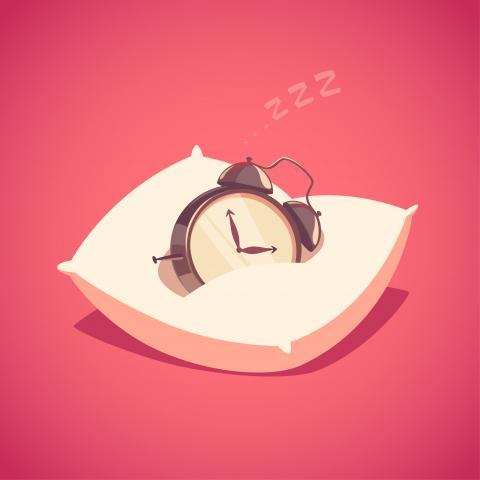
Anyone concerned about their well-being knows sleep is important for the body and mind. Knowing you’re sleep deprived, too busy to get enough rest or suffering from insomnia can be a catalyst to do something about it.
Good sleep hygiene is essential. Sleep experts at the American Sleep Association, National Sleep Foundation and medical professionals say many people would benefit from better sleep hygiene.
By definition, sleep hygiene refers to habits and practices conducive to quality sleep time and feeling alert the following day, which can be accomplished by becoming aware of and practicing behaviors that promote healthy sleep patterns.
Nearly one-third of Americans experience occasional insomnia and about 9% suffer from chronic insomnia. Sleep problems may be a side effect of modern industrial society; too much stress and disconnection from natural circadian rhythms can negatively impact sleep quality. Sleep problems can also be self-induced from poor sleep hygiene.
How To Sleep Better
- Stress, anxiety, depression, and the mind racing with thoughts cause many people to lose sleep. Do your best to manage these issues naturally during your waking hours.
- Stimulants such as alcohol, caffeine, nicotine, and other drugs used too close to bedtime can keep you awake and feeling tired or exhausted the following day. Limit their use if they effect you negatively.
- Perhaps the most important sleep hygiene practice is to never remain in bed for more than 10 or 15 minutes if you cannot sleep. The standard advice is to get up and pursue a quiet activity such as reading, using only as much light as necessary. Staring at a phone or computer screen is one of the worst things to do because that kind of light further upsets circadian rhythms.
- Avoid napping if sleep problems are present.
- Another essential sleep hygiene habit is to establish a regular bedtime routine, instead of going to bed and waking at all different hours. Train your mind when it’s time to sleep with a bedtime routine: doing relaxing activities beforehand, like meditation, breathing exercises, pleasure reading, or perhaps a warm bath.
- Get enough exercise. Generally, aerobic exercise is best completed before 2 p.m. and relaxing exercises, such as yoga are good sleep hygiene habits for later in the day.
- Moderate your light exposure. Allow natural morning light to enter your environment, seek some midday exposure to sunlight, and progressively dim lighting as the evening progresses.
- Create a comfortable sleeping environment: cool and dark, without distractions such as television or other electronic devices. Reserve bedrooms for sleeping.
- Stop eating a few hours before bedtime. Balance fluid intake before bedtime to avoid waking up thirsty or needing to use the bathroom.
- Don’t worry, be happy...even if you cannot sleep. Ruminating about sleep is itself a bad habit, which can reinforce cycles of insomnia. Perhaps the best thing to do is to keep practicing good sleep hygiene habits and make positive use of any (sleepless) free time during the so-called ambrosial hours for creativity, relaxation, or spirituality.








